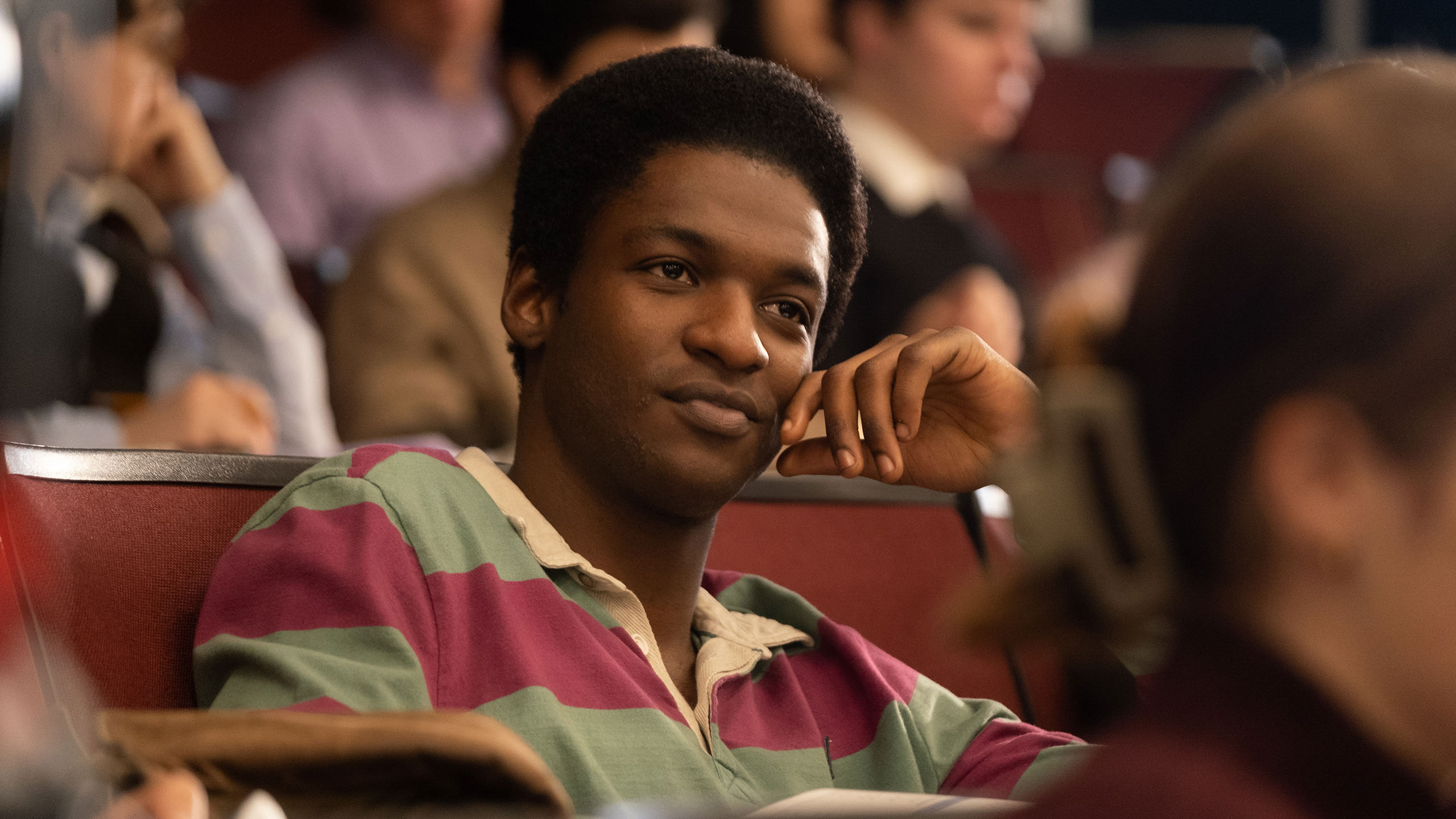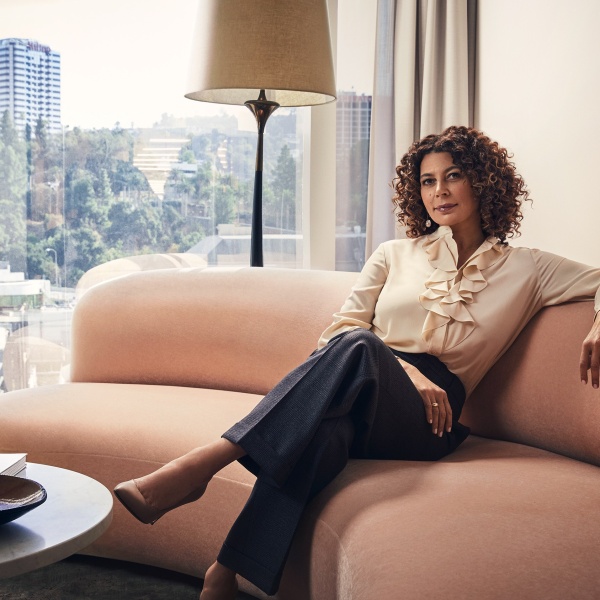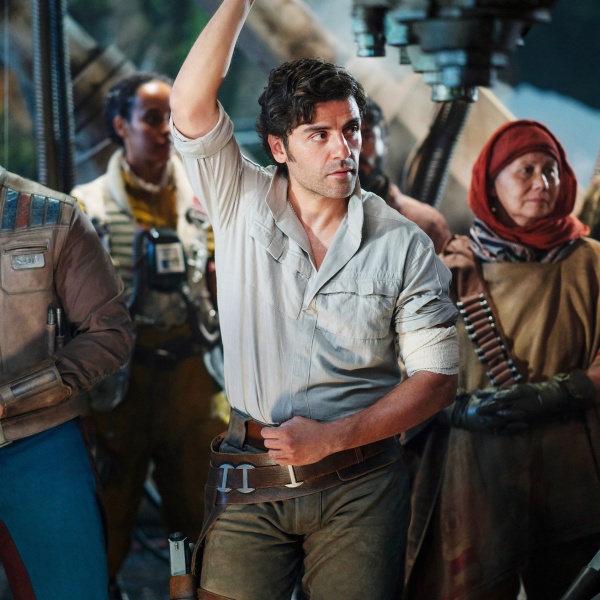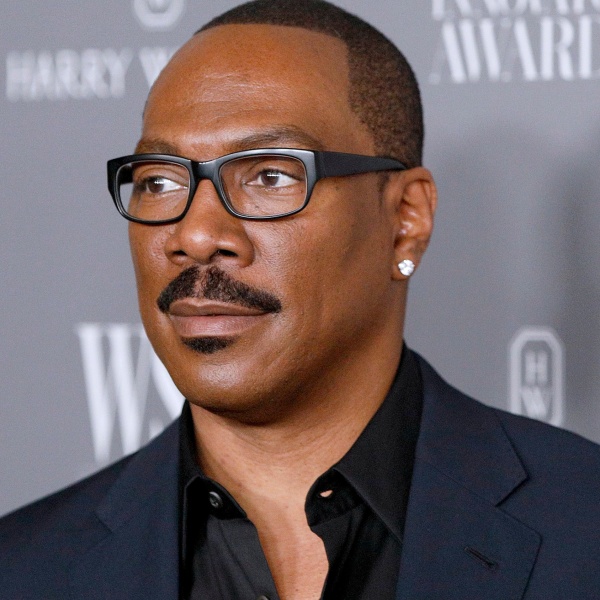“Rob Peace,” Chiwetel Ejiofor’s second feature film as a director and an adaptation of Jeff Hobbs’ bestselling biography “The Short and Tragic Life of Robert Peace,” starts with a powerful enough image: a literal house on fire. It’s the house that once belonged to the Peace family, now charred on the inside and sitting vacantly in an East Orange, New Jersey neighborhood. The image is one Ejiofor returns to in this film about the lifelong institutional failures that led to the murder of promising Black Yale graduate Robert Peace in 2011 at the age of 30, and during an American financial crisis. Earnestly told and intelligently acted by “Tulsa King” breakout Jay Will in his first major film role, “Rob Peace” still suffers from the usual biographical drama cliches, confused cutting, and an often too blunt script that flattens the majority of the film’s surrounding ensemble into background noise.
That doesn’t mean “Rob Peace” lacks an emotional payoff, as Robert Peace’s story is a moving and essential one that will likely be a revelation for large sections of the audience. Born DeShaun Peace on the border of Newark, Robert showed a preternatural intellect as a small child, with a head for math that astounds his parents, Skeet (Ejiofor) and Jackie (Mary J. Blige), who are estranged. But Skeet was a browbeating father whose idea of tough love is exemplified by an early scene in which he accuses the seven-year-old DeShaun (Jelani Dacres) of farting in the car and then kicks him out and makes him walk the way to the rest of their destination. Skeet pauses to pull a pistol out of the glovebox.
In a succession of scenes that deliberately obfuscate the smoking gun and who’s to blame, Skeet is charged for a double murder of two women and sentenced to prison time at a New Jersey correctional facility. The precise nature of the case, of Skeet’s guilt and the doubt of those culminating around him, is murky, but that extends to the filmmaking as well, as the delivery of information stirs confusion rather than intriguing ambiguity. It may be that Ejiofor’s film wants to operate on a level of skepticism to match the eventually grown Robert’s, and Jackie’s, because the film is almost always pitched from Robert’s point of view (except that pocketing of the gun).
“Rob Peace” rushes through Robert’s childhood at St. Benedict’s Preparatory School, and the teenage Rob (Chance K. Smith) is accepted to Yale in a scene whose dialogue rings tinnily: “‘University?’ This doesn’t look like it’s on planet Earth,” Skeet, now out of jail amid a pending appeal, says while leafing through a brochure. “Because it isn’t,” Jackie replies. Screenwriter Ejiofor tends to set up scenes like this that exist to propel the plot’s forward motion but don’t really succeed on their own.
Now a brilliant student of biochemistry at Yale, Rob (now played by Jay Will, whose aquiline nose cuts a striking figure, often beautifully silhouetted by cinematographer Ksenia Sereda) forms a bond with a white professor (Mare Winningham) who sees his promise and hires him for a research project in the laboratory. Rob starts to get into all kinds of at first benign mischief, smoking weed and drinking with a new friend circle, which includes an otherwise all-white water polo team of ruckus-making jocks. He also falls for classmate Naya (Camilla Cabello), whom Rob keeps in the dark about the fact that his father is back in prison, and now ailing with brain cancer. To pay for Skeet’s treatments, Rob enters a life of crime, concocting his own weed strain with chemistry equipment stolen from Yale and selling it from campus because he has no other options — and it’s not like his mother Jackie, frequently holding two to three jobs, has the means either. We know none of this will end well, as years later, Rob is still trying to make penance for the father who may or may not have been wrongly incarcerated, sending him on the path that led to him dead, face down, in a drug-related shooting.
“Rob Peace” makes a compelling argument for how white-led institutions (courtrooms, prisons, housing, universities) consistently fail people like Rob and Skeet, making a criminal life an inevitability. That in turn jeopardized his academic track and defined the rest of his few years. Rob was never primed for smooth social mobility despite his genius, and the movie works to balance his personal struggles (including his eventually strained relationship with Naya, reduced to phone calls from the other side of the world after she returns to Rio post-college) with the systemic societal ones that constrained him. And that touch of the personal is felt in how Ejiofor worked directly from the biography by Jeff Hobbs, who was Rob’s college friend and roommate, here played by Benjamin Papac.
The filmmaking, however, lacks the profundity of the message, and the storytelling takes leaps that leave the viewer feeling whiplashed. (This is Ejiofor’s second feature as a director after “The Boy Who Harnessed the Wind.”) At one point in the film’s soon-to-be-harrowing final stretch, Rob is shown holding a gun of his own as if he’s always had one, and up to the point, the movie has trained us to see him as a good-doing pacifist always in pursuit of shaking off the criminal leanings of some of his New Jersey community. Connective tissue is missing here. Some of the film’s bigger contextual observations also arrive with too blunt a force, like when the stock market crashes in 2008, and Rob and his drug-running accomplices go into full panic mode as newscasters recite the grim American reality on the TV in the room in tandem.
However, if there’s any takeaway from “Rob Peace” for the industry folks in the audience, it’s the leading-man power and charisma of Jay Will, who gives an overwhelmingly heart-open performance that makes you understand why everyone in his midst adored him, and how his life’s richness lent well to a best-selling biography. There’s an excruciatingly emotional scene, a kind of hospital bedside vigil, in which Rob finally gets honest with his father. It’s extraordinarily acted by Will and Ejiofor, both tear-stained, even if the scene feels very much like a basic screenplay moment. That’s a testament to the great acting here and its capacity to elevate familiar material.
Grade: C+
“Rob Peace” premiered at the 2024 Sundance Film Festival. It is currently seeking U.S. distribution.




